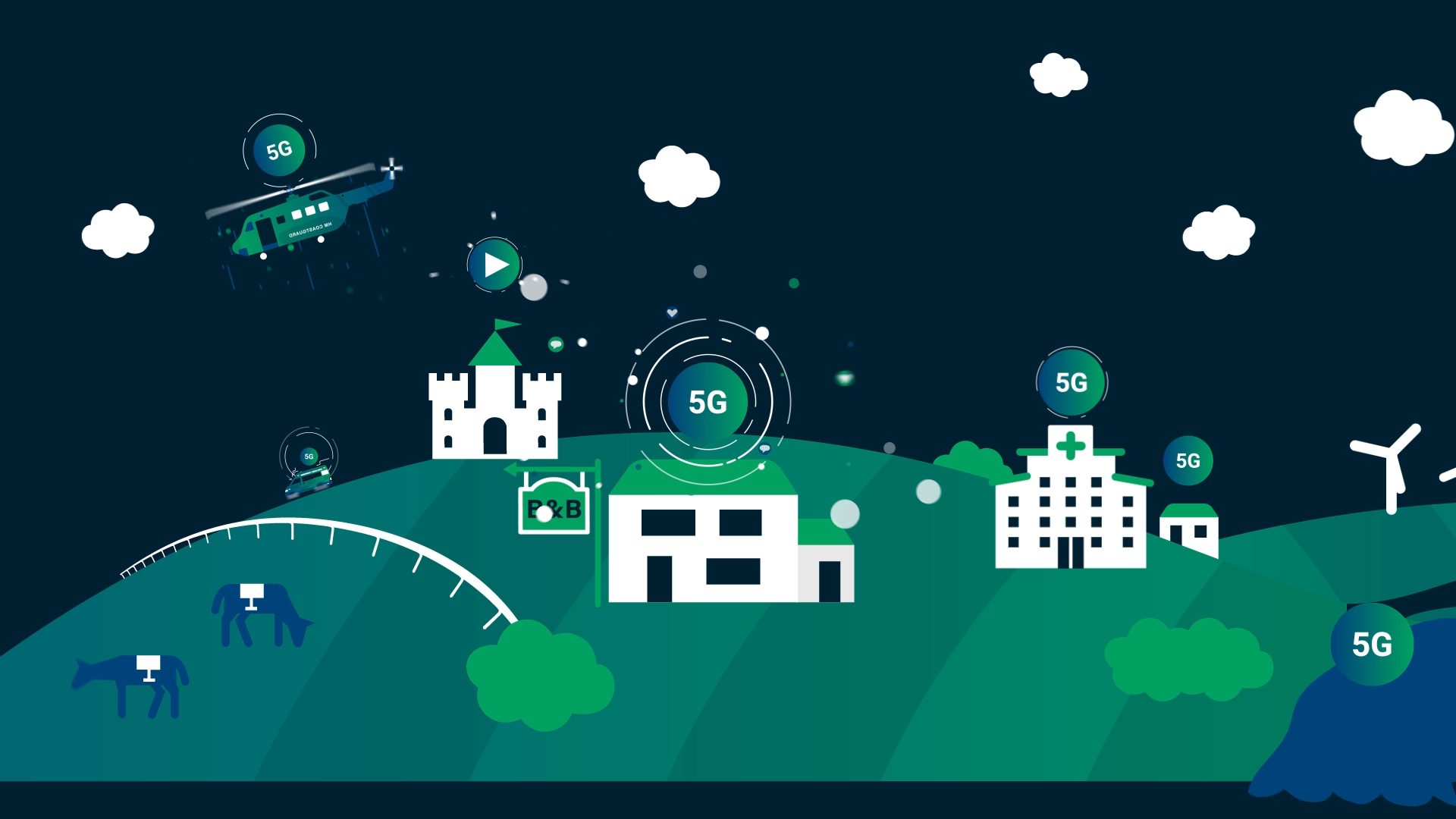As Global 5G Rollouts Rebound, Africa Claims The Spotlight

Per a newly released 5G tracker report by Kagan, a media research group within the telecommunications, media, and technology division of S&P Global Market Intelligence, commercial fifth-generation rollouts around the world became bullish in the second half of 2022, with Africa taking the center stage.
The report lists no less than 238 mobile operators in 94 [different] markets that have joined the fray to launch the connectivity service between H2 2022 and now. Developing markets are taking the lead in the switch from non-standalone (NSA) to standalone (SA) 5G networks. But as the momentum builds up, the absence of strong demand leaves some operators reproachful.
Of the 24 new carriers that joined the 5G club in the [said] period, 9 were operating in Africa.
These rollouts, the most ever recorded by Kagan since it started keeping tabs with the industry in 2018, saw telcos like Orange Botswana, Safaricom Kenya, MTN Nigeria, Telkom South Africa, Vodacom Tanzania, MTN Zambia, Unitel SA Angola and Société Française de Radiotéléphone (SFR) SA in Réunion unveil offerings.
“Unlike other regions, Africa has been lagging in 5G deployment due to poor existing infrastructure, late 4G adoption, ambiguous regulatory oversight, and a variety of economic factors that have precluded companies from investing in the new technology,” Kagan mentions.
“The African markets that have already launched commercial 5G services have done so with strong government support, especially in the release of the spectrum and fostering a clear, forward-looking regulatory environment,” it added.
According to the report, Vodafone Group has been and still is the leading 5G operator in the world; the company’s recent connectivity launch in Tanzania brought its total to 15 markets. Meanwhile, other contenders such as CK Hutchison Holdings and Orange SA [formerly France Télécom] are ditching NSA for SA deployments.
Swedish Ericsson and Finland-based Nokia continue to dominate the 5G infrastructure mark, in terms of total customers and related deployments. China’s Huawei, on the other hand, leads only in terms of total cell unit shipments. In Africa, MTN is Ericsson’s major client, while Huawei and Nokia have both been embraced by Safaricom, Kenya’s biggest telco.
Even as the devices used to access the network remain expensive for most African consumers, 5G rollouts are bound to continue, as operators race to become early movers and gain competitive advantage in the continent’s frontier markets.
Image Courtesy: Distant Future